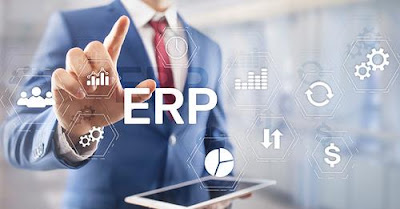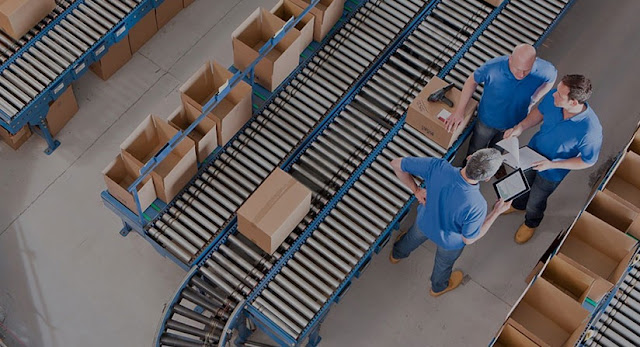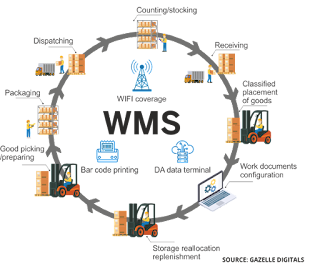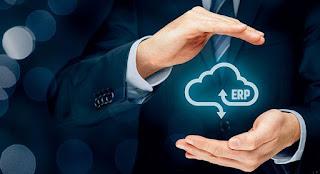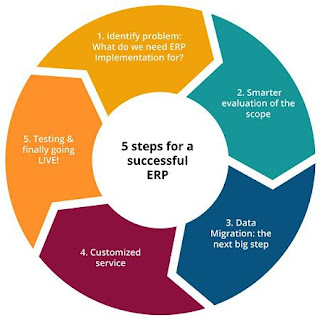Which is the Best Accounting Software for Your Manufacturing Unit?
Accounting software systems stores business financial data and is used to perform financial transactions. It is a stand-alone system that allows you to enter, store, and analyze business data. When we talk about a manufacturing company, there are multiple interconnected departments such as sales, purchase, accounts, production, CRM, HR, and more. So, if you are looking for software that can manage your accounts and financials, it is better to invest in ERP software . Why? Because end-to-end software will not only handle your accounting department but will also manage, streamline and automate other business functions. OptiProERP with SAP Business One is a comprehensive suite that integrates financials with your manufacturing processes. This is how implementing OptiProERP can help your business achieve success in the accounting and financial department: 1. Forecasted cash flow management 2. Task automation 3. Role-based dashboards 4. Accelerated financial clos...
